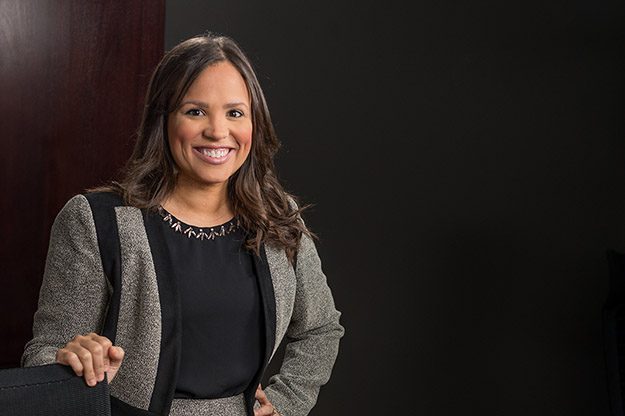Article
Resources
Article
FDCPA Violations Begin When the Violation Occurs
On Tuesday, the United States Court of Appeals for the Third Circuit departed from opinions issued by the Fourth and Ninth Circuits in ruling that violations of the FDCPA begin to run when the violation occurs.
In Rotkiske v. Klemm, et al., plaintiff Rotkiske sued a law firm that, in 2009, had obtained a default judgment against him. The law firm moved to dismiss the FDCPA claim, alleging it was untimely. Rotkiske then opposed the motion, alleging he did not discover the existence of the judgment until five years after it was entered, when he applied for a mortgage.
Following an en banc hearing, the Third Circuit ruled the FDCPA provision at issue — which provides the statute of limitations begins to run “within one year from the date on which the violation occurs” — “says what it means and means what it says.” In so doing, the Third Circuit broke a pattern established by two of its sister circuits that had determined the limitations period begins when the violation is discovered.
We will continue to monitor this decision to determine whether the circuit split created by the decision draws the attention of the Supreme Court of the United States.
A copy of the opinion for Rotkiske v. Klemm et seq., No. 16-1668, 2018 WL 2209120 (3rd Cir. May 15, 2018) can be found here.


